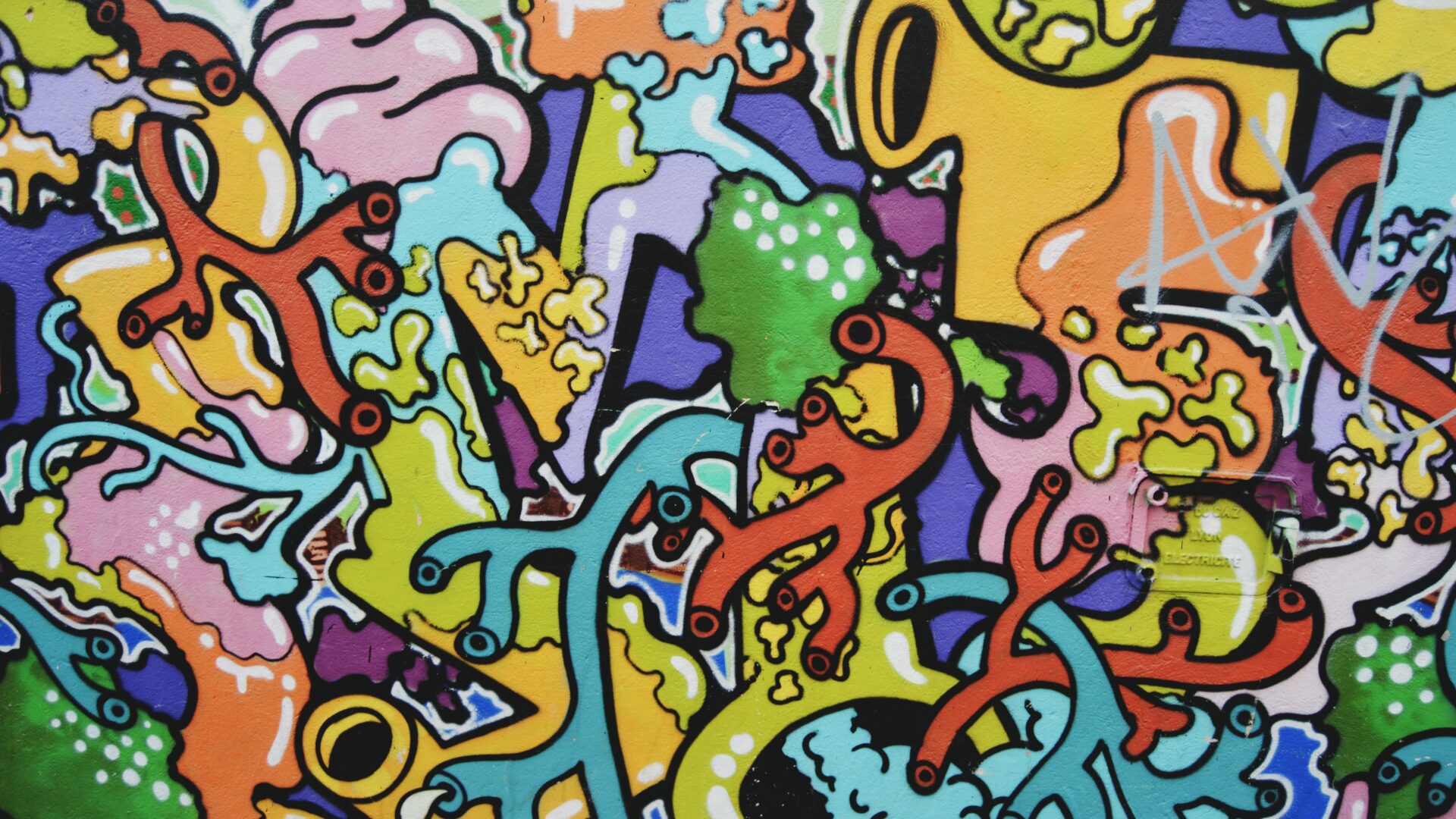When you’re 26 and you watch a lot of cartoons, there’s a sense of obligation to justify it. I am not ashamed of finding my screen-based joy almost exclusively in shows marketed for children. I only mean that it is useful to have a ready reply to the question, “Aren’t you too old for that?”
It’s a good question.
Let’s clarify. When I say cartoons or kids’ shows, I don’t mean shows designed to help me learn my ABCs or about the power of friendship, but rather animated shows that might be classified with the kids’ label simply for being animated.
Bearing that in mind, how do you justify clicking on that button that says KIDS? The answer is simple: Cartoons are among the best-written television shows currently out there, regardless of your age.
There’s a simple reason that kids TV has become not only digestible for adults, but more enjoyable than a lot of network drama. The episodes are short. Because most cartoons aim to be about 10-to-20 minutes (accounting for the attention span of children) they have to tell stories in a concise way.
It’s an old adage in the writing world, but a true one: take out every unnecessary word and you’ll be left with the truest form of your story. This is the way it has to be in animated young people’s television, because when you’re trying to fit a coherent story line into a 10-page script you don’t have room to mess around. Because of the restraints, a punchier story is told.
In Cartoon Network’s “The Amazing World of Gumball,” we follow the life of a blue cat in elementary school. There are the usual standalone episodes of madcap adventures and zany characters, but it also transcends the usual boundaries by speaking directly to adults. Cartoons have done this for a while, hiding dirty jokes and giving knowing glances to the camera, and this is fun for adults who happen to be watching. But dirty jokes won’t keep people hooked. “Gumball” takes a different route, and it’s one a lot of cartoons are taking nowadays. The writers write complex, emotionally-driven storylines. Cartoons are no longer about being silly, but rather about taking a visually interesting way to be serious.
“Gumball” manages this by incorporating a number of different animation styles and character-types in one show. Some characters are puppets, some are 3-D figures and others are traditional 2-D cartoon drawings. This universe is then rich with a palette of eye-catching and rounded characters, which allows for big payoffs when an episode suddenly focuses on one recognizable but rarely focused-on character.
The nature of the shortened medium also allows the pressure to be lifted from each episode when viewed within the context of an entire series. While the main standalone story runs as wild as a short cartoon can, “Easter eggs” can be laid for the benefit of a much larger story across the season. Because each episode is short, the entire run of the show can tell a deep, rich tale. A relationship between two main characters can develop and grow more effectively in a cartoon series precisely because it cannot be explicitly shown as much or given as much direct onscreen time as in a regular show.
It is this marriage of succinct storytelling and the ability to run wild with the visual freedom of cartooning that both requires and breeds great writing. Children’s television seems to have finally realized its potential. By relying equally on the visuals and the writing, and bringing the two together in a condensed block, a limitless formula for satisfying television has been found.
This realization is helpful to apply to our own written work. Seeing a story being delivered in ten minutes is a great lesson in getting your point across. I can only imagine that in the writing room of any great, current animated show there are people desperately turning paragraphs into sentences and conversations into single lines. Happily, this can seem less of a drag when there’s a talking raccoon or a magic dog involved.
And if that last sentence doesn’t get you hooked on cartoons like me, then I don’t know what will.
 Josh King received his MFA from Adelphi University in New York, and now lives in the UK. His fiction has been published in BlazeVOX magazine and The Matador Review, and he divides his time between writing articles, plays and drawing comics.
Josh King received his MFA from Adelphi University in New York, and now lives in the UK. His fiction has been published in BlazeVOX magazine and The Matador Review, and he divides his time between writing articles, plays and drawing comics.


0 comments on “Cartoons Make Us Better Writers”